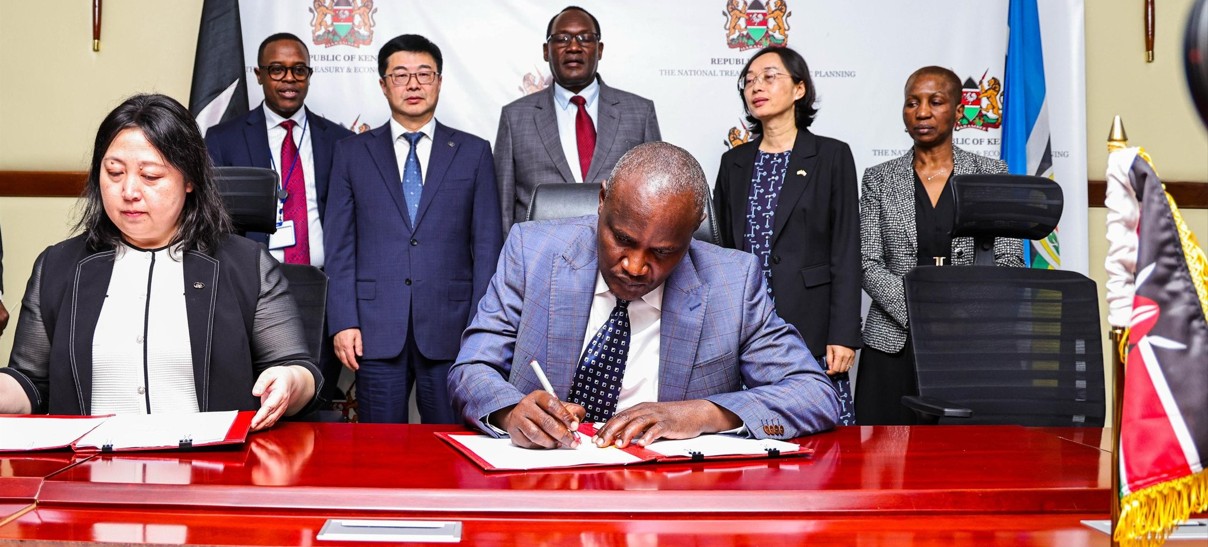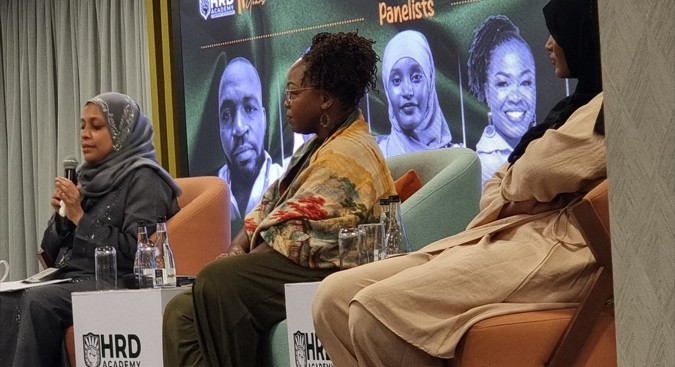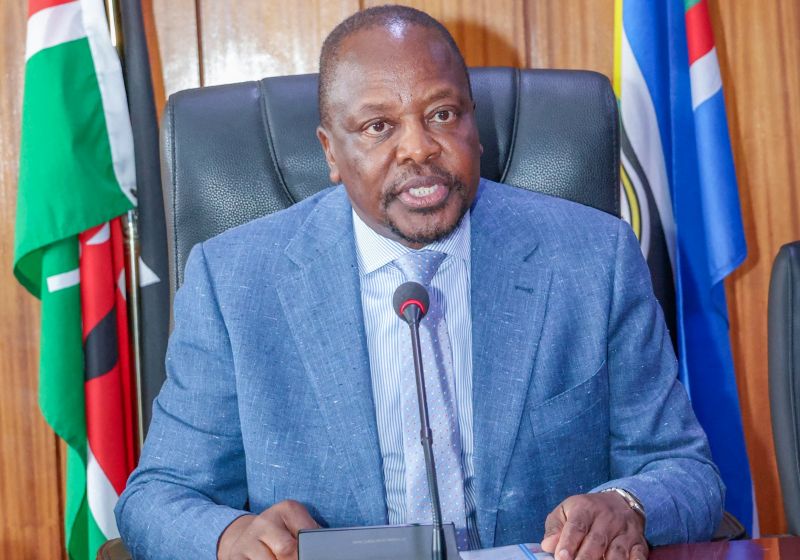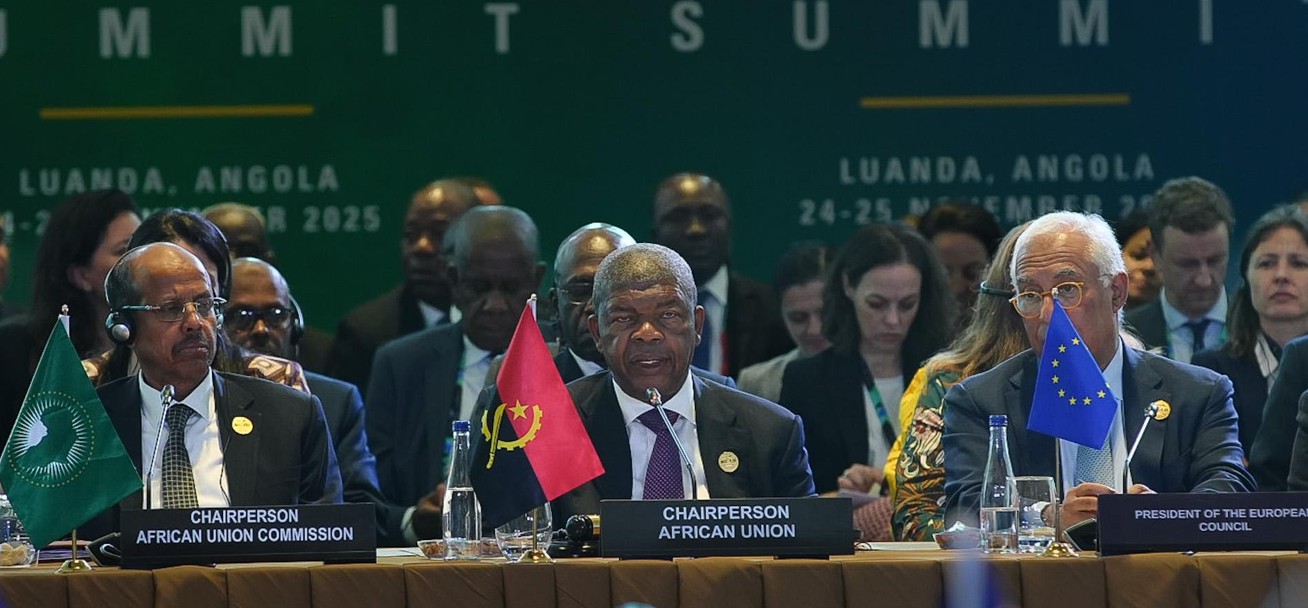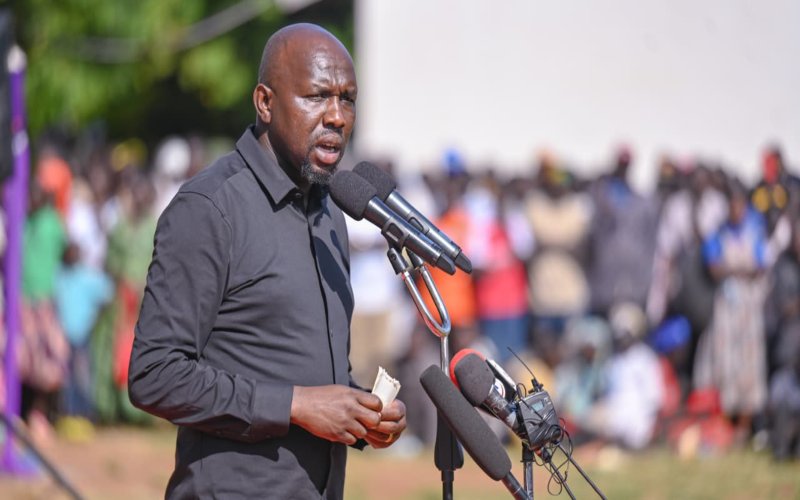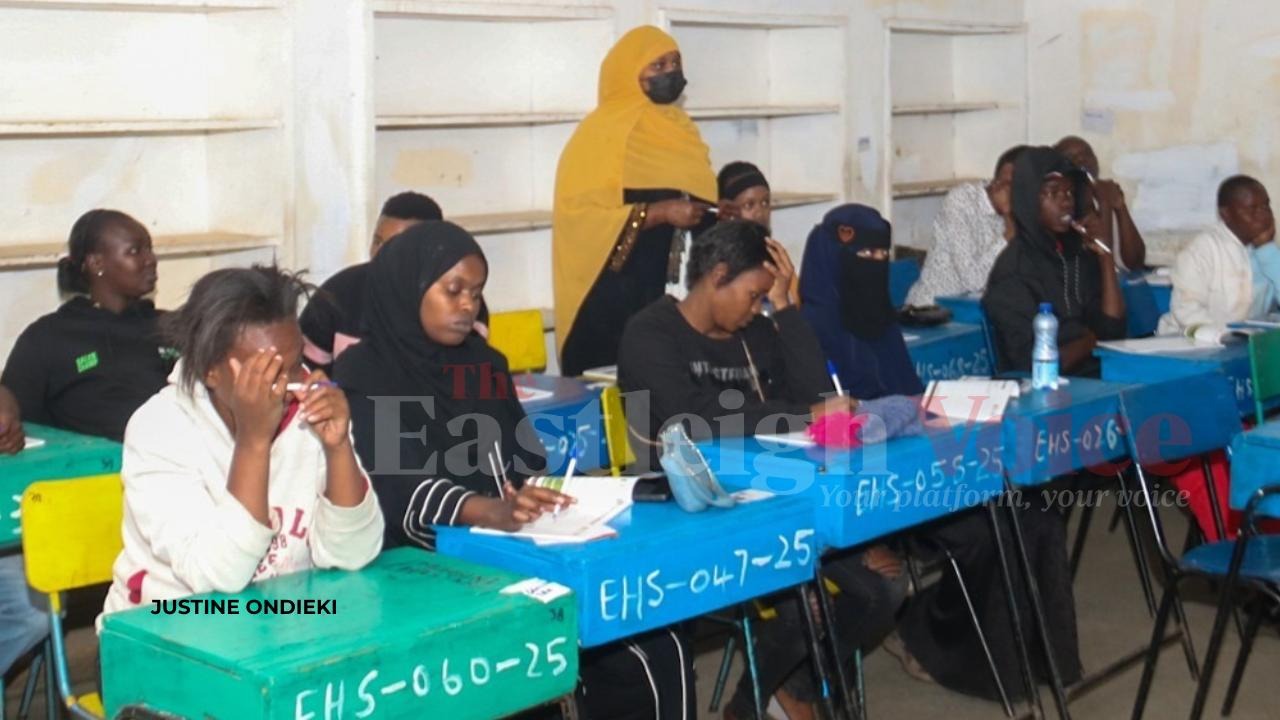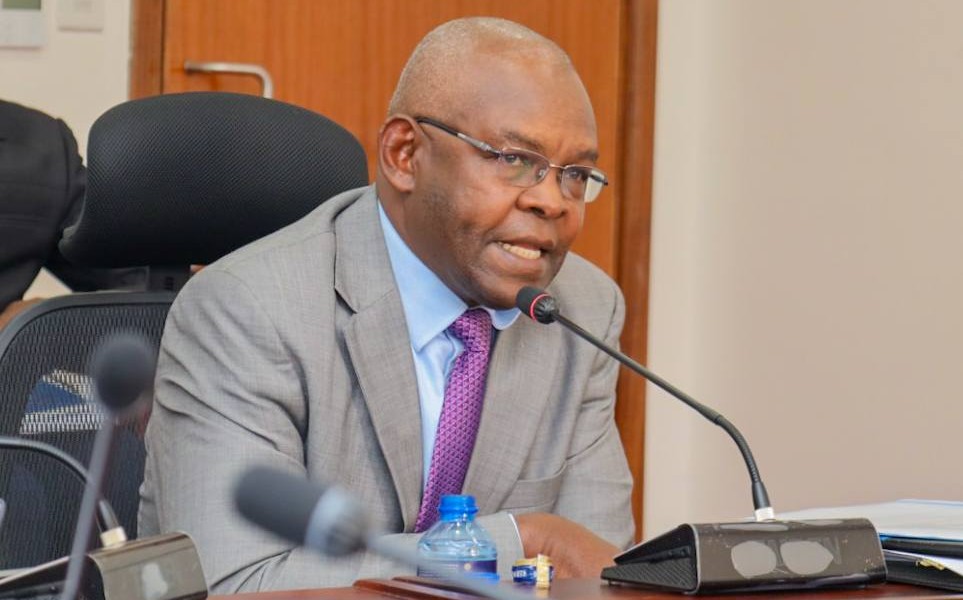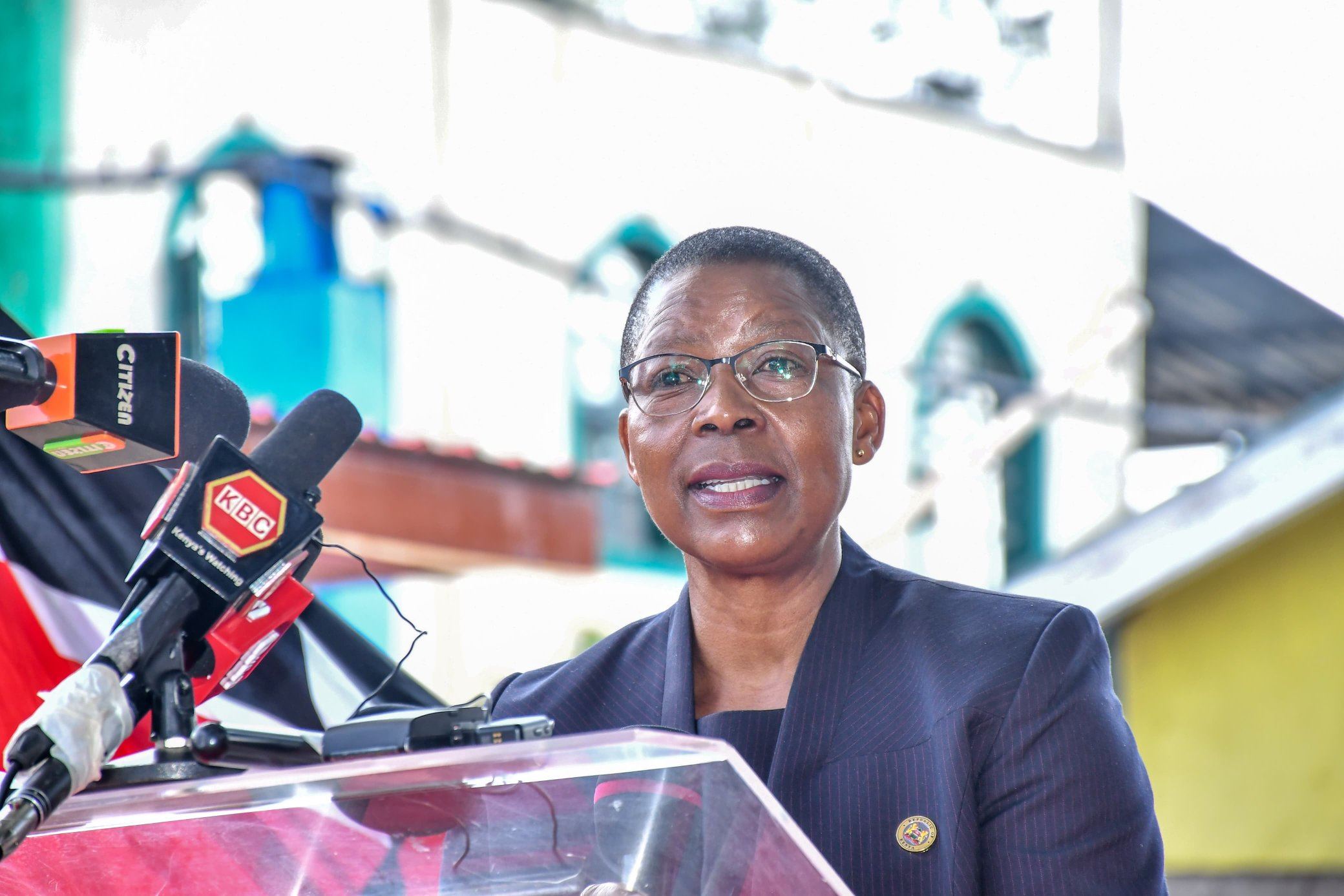MPs return from recess with NADCO Bills top of agenda
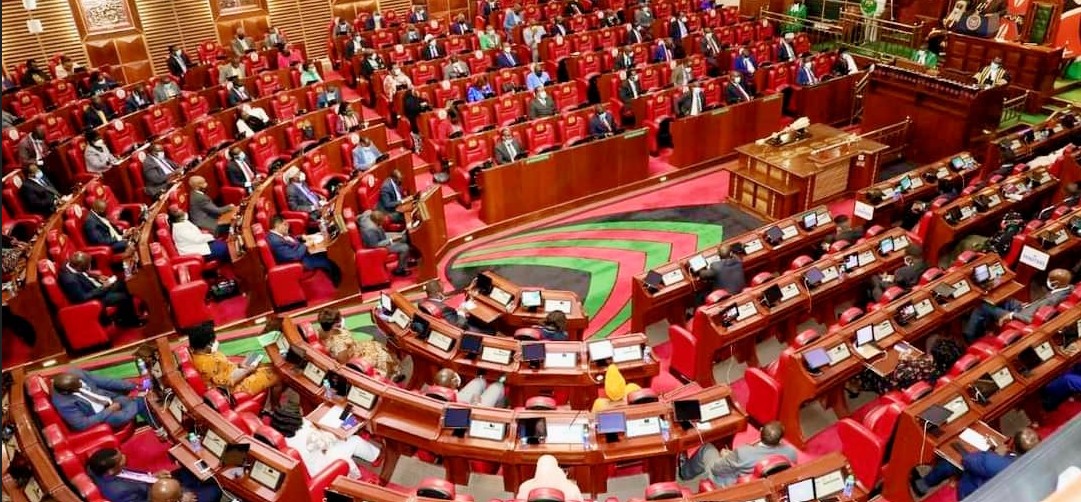
The Bills seek to implement recommendations and public views submitted to the committee at Bomas of Kenya, and thereafter propose constitutional, legal and policy reforms on issues of concern to the public.
Members of Parliament will reconvene on Tuesday, November 4, 2025, after a two-week recess, with Bills resulting from the bipartisan talks between President William Ruto and former Prime Minister Raila Odinga topping the list of priority items for consideration.
The House will resume for the final part of the fourth session with several Bills lined up for consideration before breaking for its long December recess.
More To Read
- IEBC warns Parliament against rushed electoral reforms ahead of 2027 General Election
- Broad-based government gains 7 per cent support but faces rising opposition - TIFA
- Supreme Court warns political leaders that undermining IEBC threatens 2027 polls integrity
- Parliament passes Bill imposing tougher penalties for electoral malpractice
- Katiba Institute, KHRC sue to block Ruto’s KNCHR nominee over gender rule breach
- Ruto, Raila form five-member committee to oversee implementation of UDA-ODM MoU, NADCO report
Among the scheduled business are pending Bills originating from the National Dialogue Committee (NADCO), which was established to facilitate dialogue and consensus-building.
The Bills seek to implement recommendations and public views submitted to the committee at Bomas of Kenya, and thereafter propose constitutional, legal and policy reforms on issues of concern to the public.
President Ruto has already assented to two Bills from the Nadco report, including the Independent Electoral and Boundaries Commission (Amendment) Bill, 2024, and the Ethics and Anti-Corruption Commission (Amendment) Bill, 2024.
Next for debate is the Political Parties (Amendment) Bill, 2024, which addresses issues of electoral justice, fidelity to political parties and coalitions and the law on multiparty democracy.
The Bill proposes amendments to the Political Parties Act, Cap 7D, including replacing the Office of the Registrar of Political Parties with the Independent Political Parties Regulatory Commission, repealing provisions on when a member may be deemed to have resigned from a political party and transferring jurisdiction over disputes from the Political Parties Disputes Tribunal to the High Court.
The Bill has already been passed by the Senate, first read in the National Assembly in February, and is now due for debate.
The Justice and Legal Affairs Committee observed that establishing the Independent Political Parties Regulatory Commission would “enhance independence and neutrality,” in line with Nadco recommendations.
The Election Offences (Amendment) Bill, 2024, passed by the National Assembly in August and forwarded to the Senate, seeks to strengthen electoral integrity. Provisions include a five-year jail term or a Sh5 million fine, or both, for election officials found guilty of delaying results and criminalising elections conducted in stations that have not been gazetted.
Legislators are also expected to continue debates on the Legal Affairs Committee’s report on implementing the two-thirds gender principle in both Houses of Parliament. The Draft Opposition Bill, 2024, yet to be published, is also slated for introduction in the National Assembly.
The Legal Affairs Committee’s report on the Constitution (Amendment) Bill, 2024, highlighted that entrenching the Office of the Leader of the Opposition in the Constitution touches on “the supremacy of the Constitution, sovereignty of the people and national values and principles of governance,” and therefore requires a referendum.
“The Constitution does not envisage a member of the Executive sitting in Parliament, as implied in the proposed NADCO Leader of Opposition Bill. This will result in a change in the system of government, a decision reserved for the people,” reads the report.
Speaking during Raila’s burial in Bondo on October 19, Minority Leader Junet Mohamed indicated that Parliament is committed to fully implementing the NADCO report once it reconvenes.
“I have my colleagues Kimani Ichung’wah and Aaron Cheruiyot, who are part of the Nadco committee. We have decided as Parliament that when we go back in a week’s time, we will implement the NADCO report fully,” he said.
Other key Bills on the agenda include the Public Participation Bill (National Assembly Bill, 2025), which defines what constitutes adequate public participation, a factor that has led courts to nullify laws passed by Parliament. The County Assemblies Pensions Scheme Bill, 2024, proposes a contributory pension scheme and the creation of a fund to provide retirement benefits for MCAs.
The Tea (Amendment) Bill, 2023, seeks to protect tea growers’ proceeds from factory mismanagement, incentivise value addition by exempting processed tea from the tea levy, and allow direct export sales. The Judges’ Retirement Benefits Bill, 2025, aims to provide pensions and retirement benefits for judges of superior courts.
Additionally, Education Cabinet Secretary Julius Ogamba and Health CS Aden Duale are scheduled to appear before the House on Wednesday to respond to questions from MPs.
Top Stories Today

